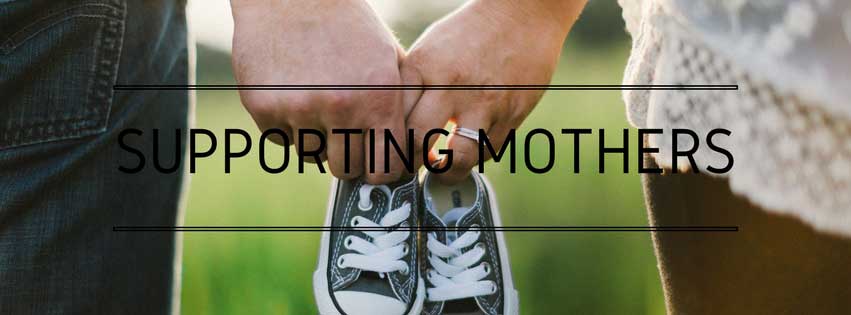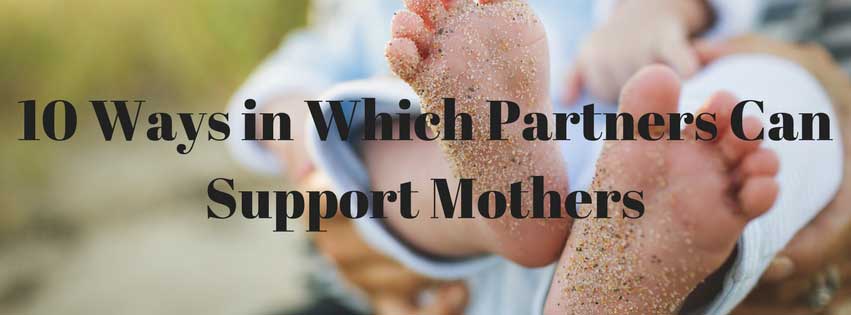There are many sources of support that women can draw on after having a baby,…

Partners are the one person that new mothers need the most
The transition to motherhood
It is an inevitable fact of life that becoming a mother is one of the most significant transformations women go through, accompanied by changes in nearly every aspect of their lives. The impact is all encompassing and affects their sense of identity, relationships with partners, family and friends, their ability to work and be financially independent, and their physical health.
While common belief may hold that it is all rosy and fuzzy once a baby is placed into its mother’s arms, research shows that much more often this is a particularly stressful time for new parents leading to increased emotional lability, stress, and relationship conflict. For example, a recent Australian study of over 4,800 women found that 11% of women display depressive symptoms in the first year after having a baby.
The impact of parenthood on a relationship
A relationship undergoes significant changes and adaptation during the transition to parenthood. Once partners become parents, they need to adjust to their new identities of “a mother” and “a father”. This means much less time for leisure activities, spending little or practically no “couple” or “me” time, as well as negotiating potentially different values and priorities about family and childrearing which partners never even realized they held previously.
About half of new mothers feel more dissatisfied with their relationship compared to childless women even a year after the baby is born. The most common and obvious reason is the unequal division of household and childcare duties that often follows. While the majority of both men and women expect prior to the arrival of the baby that they would share equally in the workload, after the birth they tend to slip into more traditional family roles. It has been estimated that on average women do over 75% of both childcare and household work. Even in Sweden, seen as a leader in progressive parenting and gender equality, a study of 2,400 mothers found that nearly half of them were unhappy with their partner’s participation at home.
Women’s pre-baby expectations of the role their partner will take on as a father are important because they affect relationship satisfaction post-baby. Regardless of the reality after baby’s arrival, if women feel that their expectations were not met, they will be much more dissatisfied with their relationship and partner. Ultimately, it is not how much a partner does but whether they do what is expected of them that influences how mothers feel in their relationship.
The role of partner support
Partner support and the quality of the relationship are amongst the most significant factors for a mother’s wellbeing. For example, a study of over 30,000 Australian women found low levels of partner support to be a key risk factor for postnatal depression. The impact of partner support can be so powerful that it can even negate the negative effects of a traumatic birth or boost significantly women’s ability to breastfeed
Social support, including that provided by family members, friends and various healthcare professionals, is incredibly important and plays a big role for new mothers. It is, however, the support of the partner that has the biggest impact, given the partner’s role as the father and also the mother’s closest intimate confidant.
Overwhelmingly, research suggests that it is emotional partner support that has the strongest buffering effect against postnatal depression. Partner support needs to extend beyond practical help with childcare and chores around the house, and include emotional support such as listening with empathy, encouragement, and input into childrearing. Supportive partners do their fair share at home but also talk, listen, praise and discuss baby rearing with their partners. They are also perceived as reliable and willing to assist the mother without making her feel like she is nagging.
It is virtually impossible to separate emotional from practical partner support, as the presence or lack of one influences perceptions of the other. For example, the amount of emotional support influences women’s perceptions of the overall level of support they receive from their partners, including when it comes to practical household duties and childcare. In other words, when fathers listen to, empathise with, and encourage their partners, they will be seen as very helpful in all areas of the family life, including their ability to physically help around the house.

